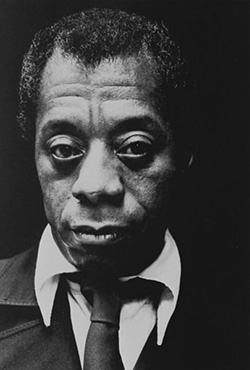NEWSLETTER
|
McNeil Lowry and James Baldwin
But Baldwin needed money. A few weeks after he wrote, the Foundation awarded him a $12,000 two-year fellowship “to enable you to concentrate upon your creative work as a writer” and to pay his debts.
The grant enabled him to finish Another Country. In January 1962, he wrote to Lowry to thank him: “Had it not been for the Ford grant, I would either be tearing it up or I would have abandoned it.” For a writer, “the destruction of his writing life is exactly the same thing as the destruction of his life.” Another Country was published to acclaim in 1962 when Baldwin was 37.
The letters were unearthed by Roberts with the help of the Rockefeller Archive Center in Sleepy Hollow, N.Y., where thousands of Ford Foundation records, films, oral histories, and unpublished reports are now stored. Original documents have been shredded but copies are preserved on microfilm. In his Times article, Roberts notes that the Foundation’s earliest grants were modest but, quoting James Allen Smith, vice president and director of research at the Rockefeller Center, “none the less vital to the recipients. The Foundation helped showcase a diverse group of American artists when the United States was vying for cultural supremacy. No one was more influential in shaping the arts and humanities in the ’50s and ’60s than McNeil Lowry.”
|


